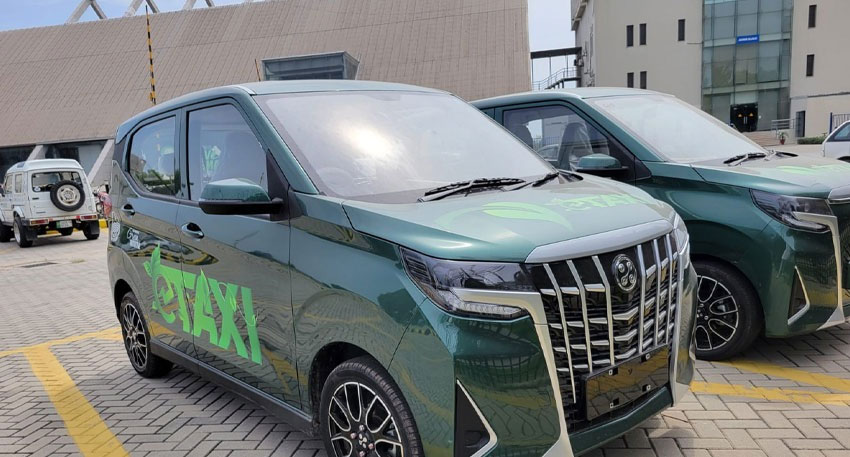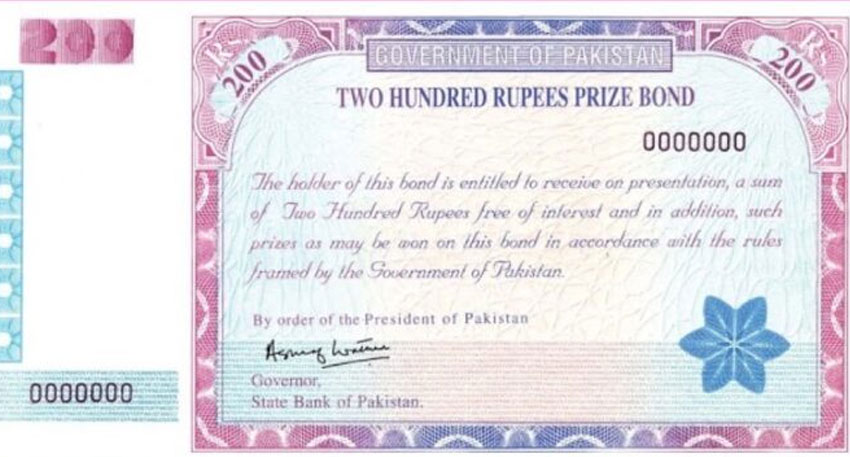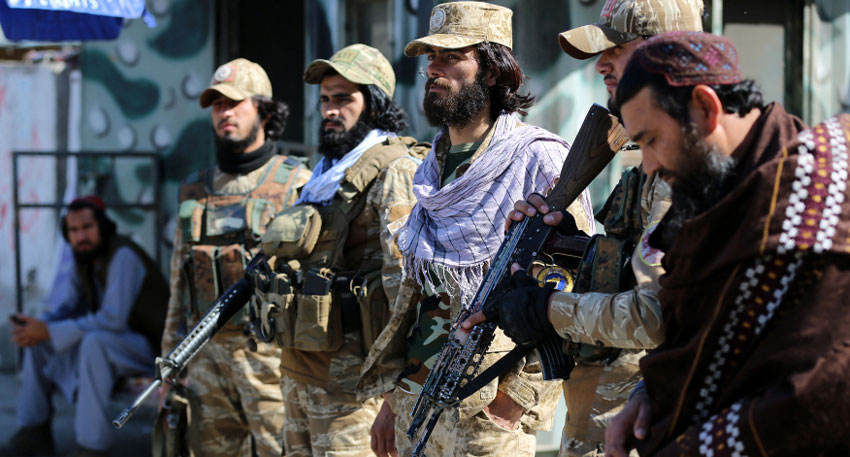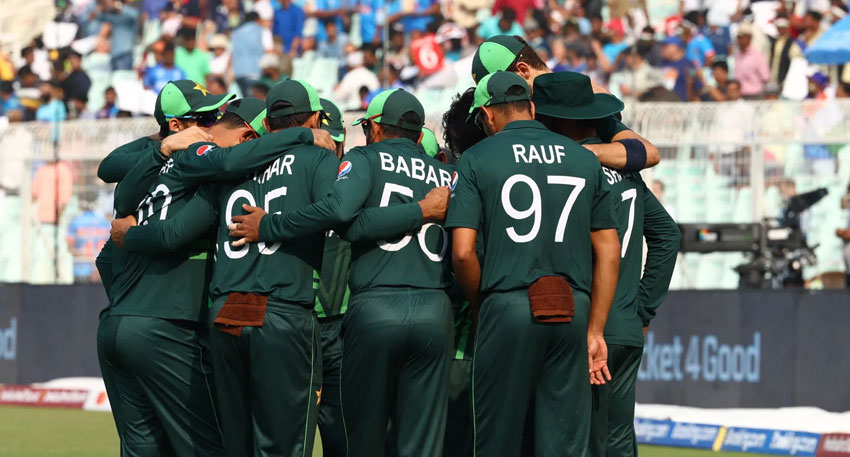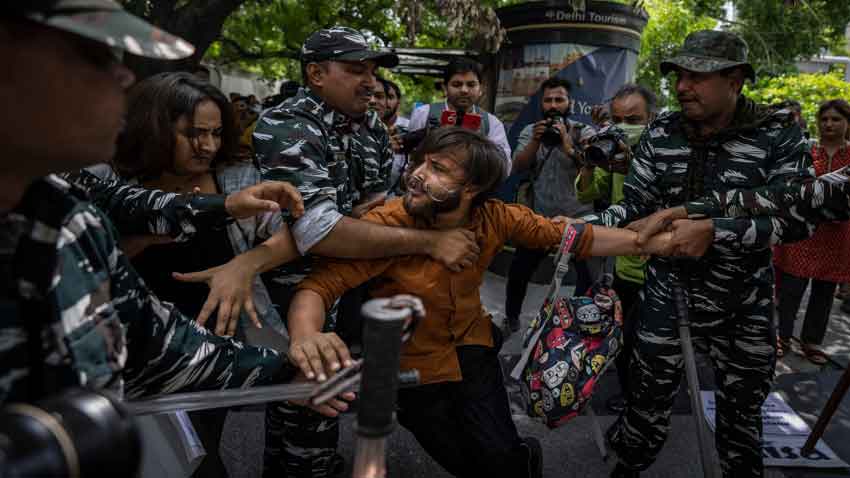
For the first time, soldiers in uniform openly protested, shaking the foundations of India’s military discipline.
Protests have spread across several districts, sparking road and rail blockades, vandalism, and violent clashes with authorities. Nearly 25,000 Bihar Police personnel were rushed in to control the situation, but the anger within the ranks continues to grow.
At the heart of the unrest is the controversial Agnipath scheme introduced in 2022. This policy allows recruits, called Agniveers, to serve only four years, with just 25% offered permanent roles. Soldiers say the scheme strips them of pensions, dignity, and job security. Critics warn it endangers both the morale of troops and national security itself.
What makes the protests even more explosive is the timing. They come as India faces regional instability along the Nepal border and rising tensions with Pakistan. Opposition voices argue that while Modi’s government sidelines soldiers, Pakistan strengthens its armed forces with long-term security for its troops, making the contrast sharper than ever.
Read more: Pakistan’s shocking warning to India – ‘Next time score will be 60-0, Insha Allah’
Rahul Gandhi and other opposition leaders slammed the government, accusing Modi of neglecting the dignity of soldiers and weakening India’s defense. Experts say these protests reveal deeper cracks in India’s military system — from neglected welfare to dangerous policy missteps.
Despite the nationwide uproar, the Modi government has yet to issue a concrete response. With transport and trade disrupted in Bihar and fears of a nationwide spillover, the situation remains volatile and unpredictable.
The Bihar protests have exposed a rare and dangerous fault line inside India’s military establishment. For soldiers to come out in uniform against their own government is not only unprecedented but also deeply symbolic of lost trust.
The Modi government’s controversial Agnipath scheme has backfired, creating insecurity among soldiers who once prided themselves on lifelong service and benefits. Instead of inspiring patriotism, the scheme has sparked anger and humiliation.
At a time when India faces external challenges — from Pakistan to Nepal — the government can ill afford an internal revolt within its armed forces. The contrast with Pakistan, where the military remains cohesive and benefits are protected, is becoming an uncomfortable comparison for Modi’s critics.
Unless urgent reforms and reassurances are made, these protests may escalate into a larger crisis that undermines India’s military readiness, political stability, and international standing.
